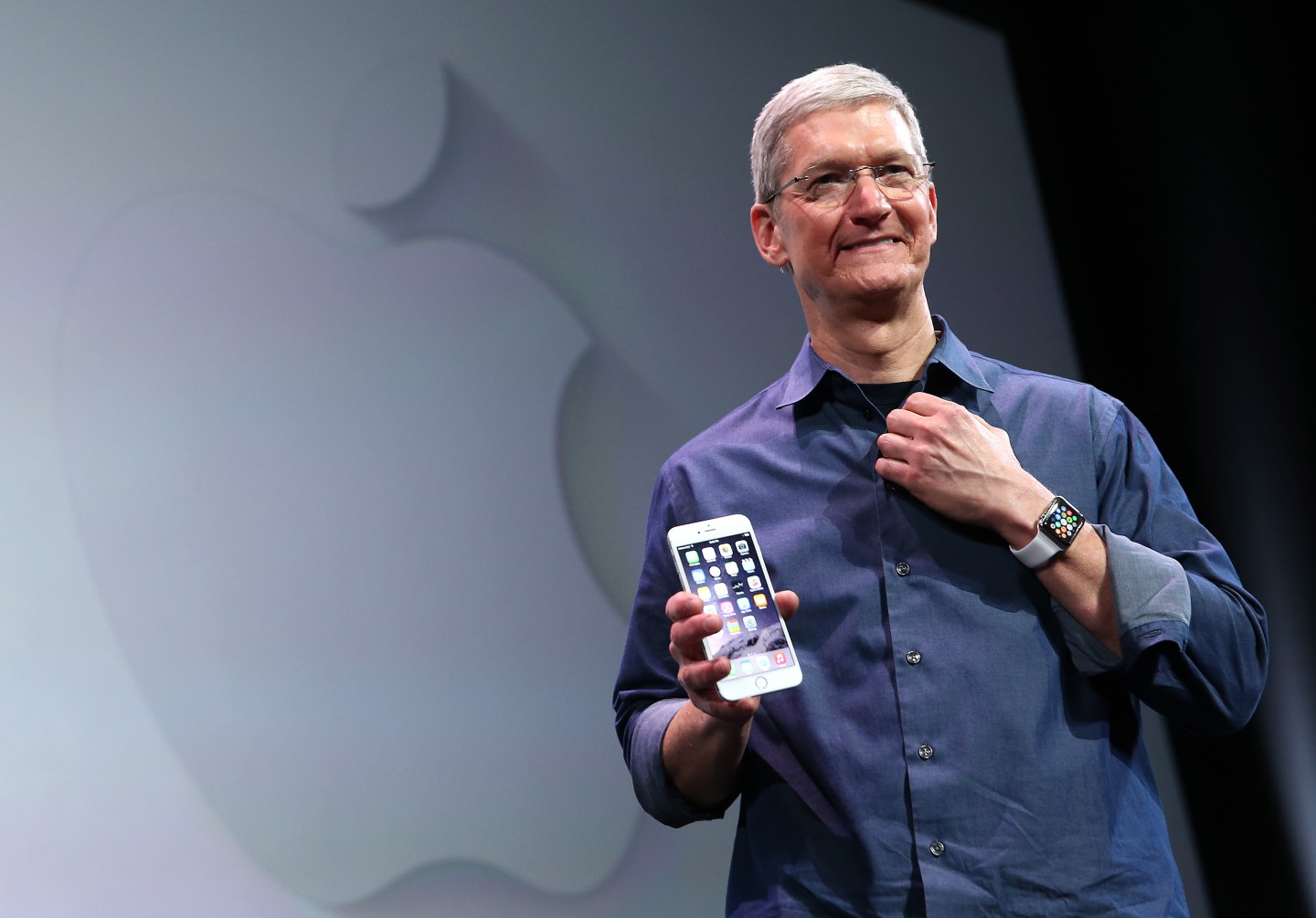Apple (AAPL) and wireless carriers like AT&T (T) and Verizon (VZ) have long been partners in helping you part with the hundreds of dollars each year the average smartphone user pays for his device and service. But that may all be changing. Apple announced yesterday that for the first time it will offering financing directly to customers for its new line of iPhones.
Apple’s plan is to charge customers at least $32.41 per month for a new iPhone which includes the AppleCare+ support package. Customers will get a new iPhone each year and will be able to select their carrier each time. The devices will come unlocked.
This is a big departure from Apple’s initial plan for selling its iPhone, which relied on wireless carriers to help consumers finance the full cost of a phone upgrade, after an upfront fee that’s a fraction of the true retail cost. But increasingly, Apple’s interest and the wireless carriers have been diverging. Wireless carriers traditionally used phone purchases to lock customers into two-year contracts, but thanks to disruption from T-Mobile they’re switching to installment plans to pay off new phone purchases. Apple’s new plan means they don’t have to give that retail slice to the carriers.
“Apple is trying to do nothing more than shorten the cycle so they can sell more iPhones,” Sprint (S) Chief Executive Marcelo Claure told The Wall Street Journal.












